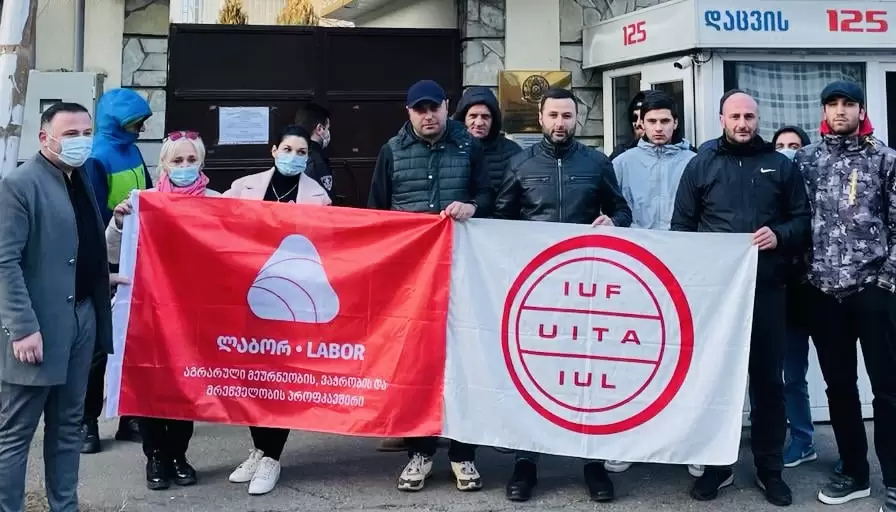In 2011, the Kazakh authorities opened fire on a peaceful oil workers’ strike in the city of Zhanaozen. This shooting, in which at least 16 people were killed, was the culmination of the government’s efforts to destroy democratic freedoms and workers’ rights. But they did not succeed. Despite brutal repression, workers have continued to struggle. 2021 saw an unprecedented number of strikes across the country. The core demand of workers was recognition of the right to form a trade union. The authorities have continued to ignore this demand.
On January 1, 2022 a sharp increase in gas prices sparked a spontaneous outcry from workers who once again took to the streets. Many factories were shut down. Social demands were accompanied by demands for democratization; however, after a few days, chaos erupted with various groups vying for power and with escalating violence throughout the country. At present, the Kazakh President is focused on restoring order in the country, but how durable and stable it will be remains an open question.
Without the establishment of democratic institutions, an independent parliament and courts, freedom of the press and effective recognition of freedom of association for workers, there can be no stable and lasting peace. The government must implement the ILO recommendations on labour law reform, stop persecution of trade unionists, remedy prior acts of anti-union repression, and allow independent experts to investigate the tragic events in Zhanaozen in 2011.
After 30 years of independence, Kazakhstan must finally recognize the ILO’s basic principle that universal and lasting peace can only be established if it is based on social justice. The IUF will continue to support our affiliates and the independent labour movement in Kazakhstan.
For more information, visit the International Labour Rights Monitoring Mission in Central Asia
